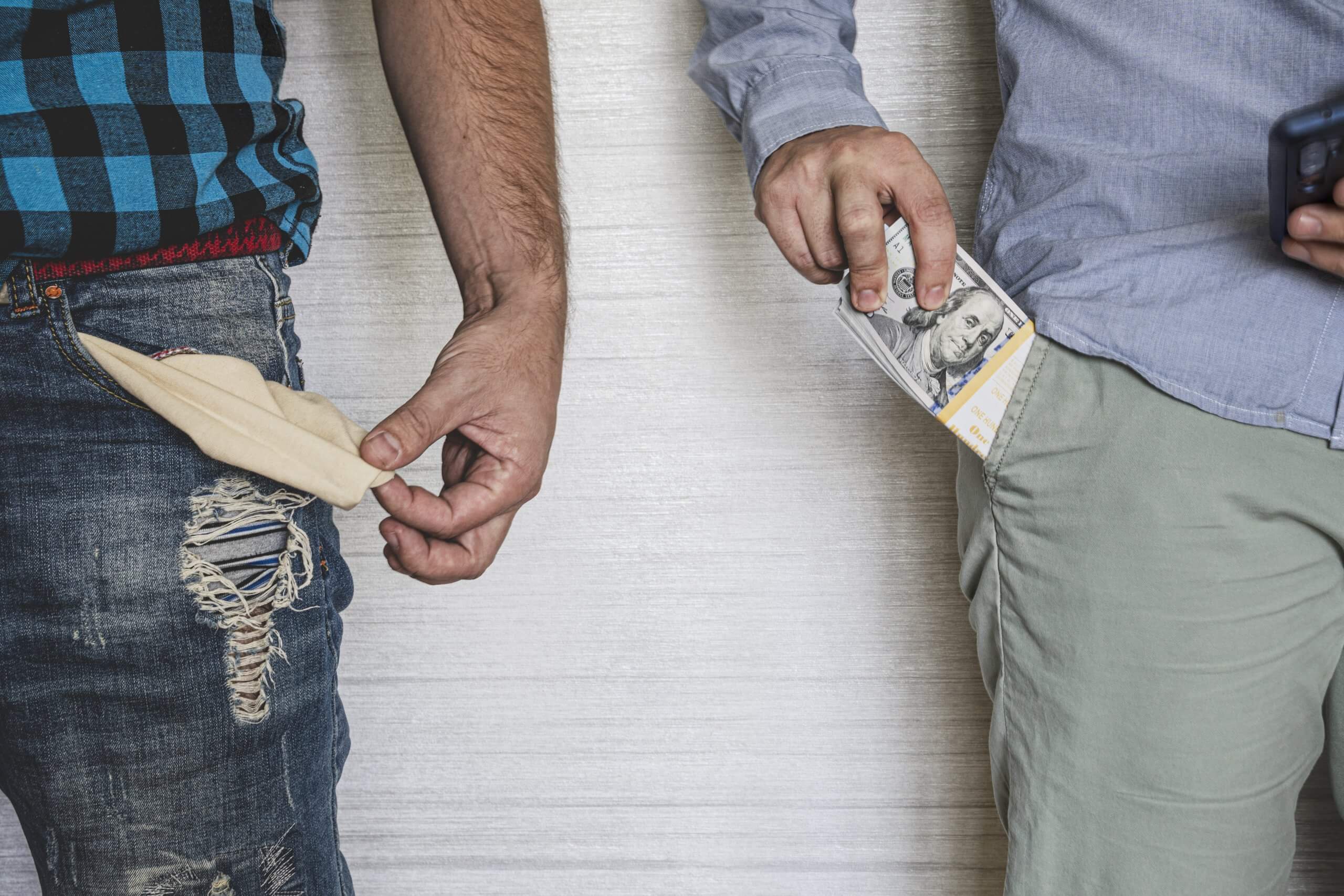What is Personal Budgeting?
Budgeting is essential not only for businesses but also for an individual’s personal life. Personal budgeting is a method of monitoring and controlling your finances. This helps in monitoring personal finances and managing them accordingly. At times, we are so far from having a budget that we end up broke within a week of being paid. This not only leaves you stressed out but also affects your professional life.
You feel like you are not paid enough, or there is no use in getting paid, as you eventually end up with nothing within a week. If you are working and still end up being broke, it drastically negatively impacts an individual’s mind. Hence, a person needs to monitor their financial spending, analyze the problematic areas, and design a budget to improve their financial position.

Assess Your Current Financial Position
It becomes frustrating when you know that you are working on a low salary and your expenses carry the weight of a mountain. Low-income budgeting seems hard at an initial level. However, starting small lets you figure out your budget plan more effectively.
Categorize Your Expenses
The first and best way to budget is to monitor your current lifestyle. Observe your spending habits and monitor your current financial position. Before making any budget quota, list your expenses in the following categories.
Debt
Your long-term expenses include student loans, car loans, unpaid bills, credit card balances, etc. Writing them down will give you a shockingly realistic yet clear picture. Do not worry; they are not impossible.
Monthly bills that are fixed expenses
Monthly bills are something that you cannot avoid; they are things that you must pay. However, listing them gives you a clear snapshot, and you can even reduce them to a limited extent. These expenses include rent, utility bills, cell phone plans, gas, and food.

All the variable expenses that you can balance
Variable expenses are all the leisure or emergency expenses that do not occur every month, such as buying new clothes, dining out, buying new gadgets, getting your car fixed, and other fixtures and expenses at your residence. You cannot simply eliminate all these expenses. However, you can manage a few of them and see which expenses are repeated often.
Identify your problem spending areas.
When you are done listing all expenses, you will be better able to pick out the problematic areas straying you away from your budget every month. This problem could even highlight the areas that need your immediate attention. For example, if your car asks for monetary attention every month, you need to get it fixed properly once and for all before it breaks down completely.
Making a budget
Designing a budget is not difficult unless you do not manage your steps carefully. Step-by-step is crucial as it will help you design a practical and applicable budget for your expenses.
In the first step, create a comprehensive list of your liabilities and devise a gradual repayment plan, avoiding the pitfalls of overwhelming yourself with a crash repayment approach. Step two involves listing all necessary expenses, while step three emphasizes prioritizing your financial goals. Step four challenges you to cut unnecessary expenses, acknowledging the difficulty in reducing seemingly essential bills.However, after completing the monitoring and budgeting steps, identifying failures in your current spending methods becomes feasible. Finally, step five encourages adopting a frugal approach to enhance your budgeting effectiveness.
 Tips for creating a budget and saving money without going broke
Tips for creating a budget and saving money without going broke
- Be realistic
- Always record every transaction.
- Bookkeeping
- Control your spending
- Don’t cut out all the fun.
- Take advantage of all the upcoming opportunities.
- Always keep updating your budget, as once you are done repaying one of your debts, you might have some free cash to rearrange to pay another.
- Always keep emergency funds.
- It is best to plan your remaining cash in percentages.
What are the Budgeting Benefits?
Achieve your financial goals with stability and organization in just months. Gain full control, manage expenses, build emergency funds, and enhance spending habits. About Complete Controller® – America’s Bookkeeping Experts Complete Controller is the Nation’s Leader in virtual bookkeeping, providing service to businesses and households alike. Utilizing Complete Controller’s technology, clients gain access to a cloud platform where their QuickBooks™️ file, critical financial documents, and back-office tools are hosted in an efficient SSO environment. Complete Controller’s team of certified US-based accounting professionals provide bookkeeping, record storage, performance reporting, and controller services including training, cash-flow management, budgeting and forecasting, process and controls advisement, and bill-pay. With flat-rate service plans, Complete Controller is the most cost-effective expert accounting solution for business, family-office, trusts, and households of any size or complexity.
About Complete Controller® – America’s Bookkeeping Experts Complete Controller is the Nation’s Leader in virtual bookkeeping, providing service to businesses and households alike. Utilizing Complete Controller’s technology, clients gain access to a cloud platform where their QuickBooks™️ file, critical financial documents, and back-office tools are hosted in an efficient SSO environment. Complete Controller’s team of certified US-based accounting professionals provide bookkeeping, record storage, performance reporting, and controller services including training, cash-flow management, budgeting and forecasting, process and controls advisement, and bill-pay. With flat-rate service plans, Complete Controller is the most cost-effective expert accounting solution for business, family-office, trusts, and households of any size or complexity.



